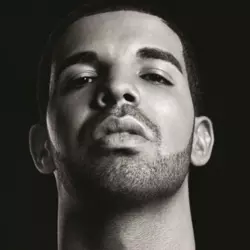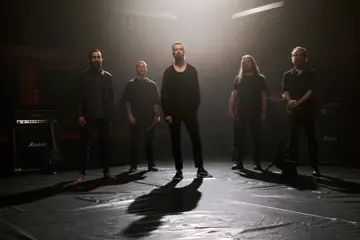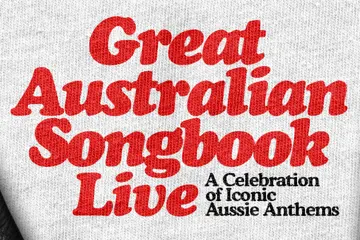 Drake
DrakeDrake has sued Universal Music Group (UMG) and Spotify, alleging that the companies have “artificially inflated” streams of Kendrick Lamar’s diss track against him, Not Like Us.
This year, Drake has made headlines for participating in a lengthy rap battle with Kendrick Lamar, with the pair dropping increasingly brutal diss tracks about each other.
In our roundup of the songs, The Music’s Tione Zylstra surmised that the feud began when Drake expressed disappointment at Kendrick Lamar not including him in a “big three,” which commonly includes Kendrick, Drake, and J. Cole, saying, “It’s just big me.”
Since then, the pair released track after track, attacking each other’s character, style, and family and inserting serious allegations. You can check out the most notable lines in the diss track saga here.
Don't miss a beat with our FREE daily newsletter
In the lawsuit seen by The Guardian, attorneys representing Drake’s company, Frozen Moments LLC, accused UMG of “launch[ing] a campaign to manipulate and saturate the streaming services and airwaves” to make Lamar’s song more popular than Drake’s diss tracks.
“UMG … conspired with and paid currently unknown parties to use ‘bots’ to artificially inflate the spread of Not Like Us and deceive consumers into believing the song was more popular than it was in reality,” Drake’s lawyers wrote in the suit.
In the petition, Drake’s legal team claimed that UMG paid influencers to get Not Like Us more airtime and social media posts.
The lawsuit adds that UMG allegedly paid Apple to make its digital assistant, Siri, “purposely misdirect” iPhone users looking for Drake songs to instead listen to Not Like Us.
Drake’s lawyers alleged that UMG’s “schemes” were “motivated” by the “desire of executives” at Interscope to apparently “maximise their own profits.”
They added that Drake “repeatedly sought to engage UMG in discussions” to resolve “ongoing harm he has suffered” because of Not Like Us’s success (“as a result of UMG’s actions”) but claimed that the record company has shown “no interest in taking responsibility for its misconduct”.
They also claim to have obtained “information that UMG has been taking steps in an apparent effort to conceal its schemes, including, but not limited to, by terminating employees associated with or perceived as having loyalty to Drake.”
Lastly, Drake’s legal team alleges that UMG violated the Racketeer Influenced and Corrupt Organisations Act—otherwise known as RICO, which is often used in cases against organised crime—in addition to “deceptive business practices and false advertising.”
Both Drake and Kendrick Lamar release music under UMG labels—Drake via Republic Records and Lamar via Interscope.
Spotify hasn’t yet responded to Drake’s claims, but UMG described the allegations as “offensive and untrue.”
The music giant issued a statement to Music Business Worldwide: “The suggestion that UMG would do anything to undermine any of its artists is offensive and untrue. We employ the highest ethical practices in our marketing and promotional campaigns.
“No amount of contrived and absurd legal arguments in this pre-action submission can mask the fact that fans choose the music they want to hear.”
















